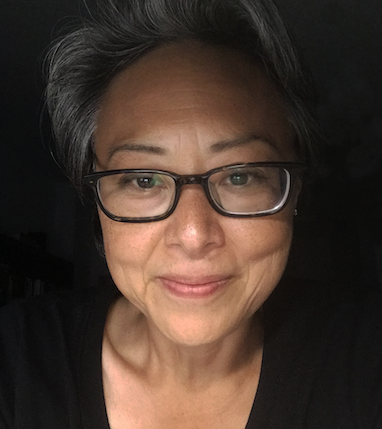
Elaine Gan
Short Biography
Elaine Gan is an artist-theorist who works at the intersections of feminist science and technology studies, environmental humanities, and digital media to engage more-than-human socialites. Gan teaches at Experimental Humanities & Social Engagement, an interdisciplinary graduate program at New York University. Gan is co-editor of Arts of Living on a Damaged Planet: Ghosts and Monsters of the Anthropocene (2017) and director of Multispecies Worldbuilding Lab, a podcast that combines experimental audio, field recordings, and interviews to articulate situated practices around climate change. Her current book project looks at the cultivation of rice as plant, machine, and data, and the kinds of materialities and temporalities they un/make.
elainegan.com
multispeciesworldbuilding.com
Panel Abstract
Sensing Chestnuts: Media for Ghosts, Monsters, and the Queen of Forests
This presentation follows the case of the American chestnut tree (Castanea dentata) in the Eastern United States, the beloved queen of forests until the nineteenth century and now functionally extinct. Billions of chestnut trees succumbed to blight disease when plant nurseries in New York began importing exotic ornamentals from Asia in the 1860s; inadvertently, the imports carried a ravenous hitchhiker, the bright orange fungus (Cryphonectria parasitica). The disappearance of chestnut trees (and their companion naturecultures) over the last two centuries has radically changed lives and landscapes. Today, geneticists are aiming to reintroduce a transgenic version of the American chestnut. How might transdisciplinary practices enable scholars, artists, and activists to engage with these complex and highly politicized ecologies? How might we craft media for sensing and rendering differential ontoepistemologies in ways that provide for more liveable more-than-human worlds?
Elaine Gan speaks in Panel III: More-than-human Sensing by Kate Donovan and Christian Schwinghammer.